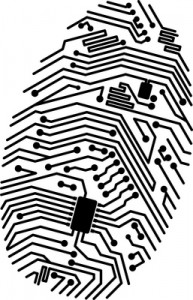 Do you know how much of your personal information is floating around? It’s more than you think and very easy to find. Phone numbers, home addresses, email accounts. As my recent story about gamers who got swatted showed, anybody can become a target. You don’t have to be someone with a million followers. Social networks have encouraged us share everything, including where we’re hanging out. We’ve signed up for a million different accounts and we need to be more careful.
Do you know how much of your personal information is floating around? It’s more than you think and very easy to find. Phone numbers, home addresses, email accounts. As my recent story about gamers who got swatted showed, anybody can become a target. You don’t have to be someone with a million followers. Social networks have encouraged us share everything, including where we’re hanging out. We’ve signed up for a million different accounts and we need to be more careful.
The worry here is doxxing. Dox is short for documents. The act of doxxing involves finding online documentation related to a person, typically their phone number and home address. This information can be used in a variety of ways and it’s often malicious. It could exist online as a scare tactic, a way of silencing someone through fear, or it could lead to other forms of harassment, such as swatting.
Take these simple steps to protect your personal information:
- Limit the information that you share online, especially on social media sites like Facebook, Twitter, etc.
- Even sharing the last 4 digits of your social security number can become an issue. Please think twice about who you share this information with.
- Your PC can be a treasure trove of information and securing that should be another top priority. Having security software installed and updated frequently will keep your information safe.
- Use “private browsing” to hide your tracks when visiting sites online. Every company that advertises online is interested in knowing what sites you visit, what you buy, who you’re friends with on social networks, what you like and more.
- Never, ever, use the same password for all your online accounts. Use a password generator and password manager like LastPass.
- Lie when setting up security questions for your online accounts. Attackers will try to get all the information they can about you. “Who was your first girlfriend/boyfriend?” or “What was the name of your elementary school?” are very common questions.
- When possible, pay for things in cash. Simple and it keeps your credit card information safe.
(Image Source: iCLIPART)


